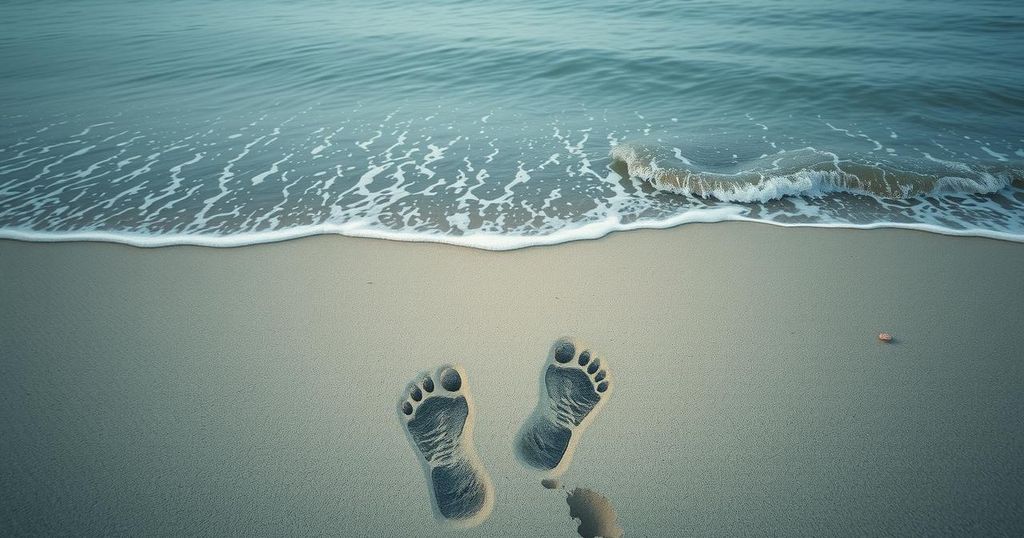The UN and Inter-American human rights experts have condemned the rise in forced disappearances in Venezuela, particularly targeting activists and opposition members. They call for governmental transparency and the protection of missing individuals. This trend reflects a wider climate of intimidation and impunity. As reports of enforced disappearances surge, the need for international intervention and adherence to human rights standards becomes increasingly urgent.
Experts from the United Nations and the Inter-American Human Rights system have expressed grave concerns over the rising incidence of forced disappearances in Venezuela, particularly targeting activists. They issued a statement urging the Venezuelan government to disclose the whereabouts of those missing and to safeguard their lives and integrity. The experts emphasized that this alarming trend aims to intimidate opposition members and create a chilling effect across society.
There is growing anguish among families, lawyers, and civil society organizations regarding the fate of their loved ones. Reports indicate that complaints and habeas corpus petitions are frequently ignored or not accepted. As national institutions prove ineffective, victims increasingly appeal to international mechanisms for assistance in addressing their grievances and uncovering the truth about enforced disappearances.
The UN Working Group on Forced or Involuntary Disappearances, chaired by Italian jurist Gabriella Citroni, has observed that cases of forced disappearances coincide with significant political events, such as the presidential elections of July 2024 and the subsequent inauguration in January 2025. Following the controversial announcement of Nicolás Maduro as the election winner with a nominal majority, widespread protests erupted, resulting in violent suppression, numerous casualties, and thousands of arrests.
Despite a temporary decrease in protests, selective arrests of political leaders and human rights activists have intensified. Among those set free were six US citizens following a diplomatic intervention. However, the Venezuelan government continues to detain opponents and journalists while small demonstrations advocating for political prisoners have emerged, reflecting persistent societal unrest.
According to the Venezuelan human rights organization Foro Penal, there are currently 1,060 political prisoners, which includes military personnel, women, and minors. The UN and IACHR experts highlight that this climate of fear is exacerbated by ongoing impunity and selective justice within the country, as complaints of systematic enforced disappearances continue to surface.
The experts point out that state authorities involved in such arrests operate beyond the protection of the law by not acknowledging detainees. They identify a systematic pattern indicating involvement by various Venezuelan authorities, including government officials and security forces, in both the execution and concealment of these acts.
The experts call on the Venezuelan government to fulfill precautionary measures mandated by the IACHR, respond to UN Working Group requests, and provide information regarding the forcibly disappeared individuals. They emphasize that enforced disappearance is a severe violation of human rights, necessitating accountability and eradication of this crime. The rights of detained individuals, including legal safeguards and communication with family and consular authorities, must be guaranteed.
The legal obligations regarding the treatment of detainees are clear: they must be presented before a competent judicial authority promptly to ascertain the legality of their detention. This accountability underscores the urgent need to respect human rights standards in Venezuela.
In conclusion, the alarming increase in forced disappearances in Venezuela highlights a grave human rights crisis that needs immediate international attention. The UN and IACHR experts’ statements draw attention to the failure of national institutions and the necessity for accountability and protection of fundamental rights. Urging the Venezuelan government to halt these practices, it is vital for the global community to advocate for the rights of those affected.
Original Source: havanatimes.org




